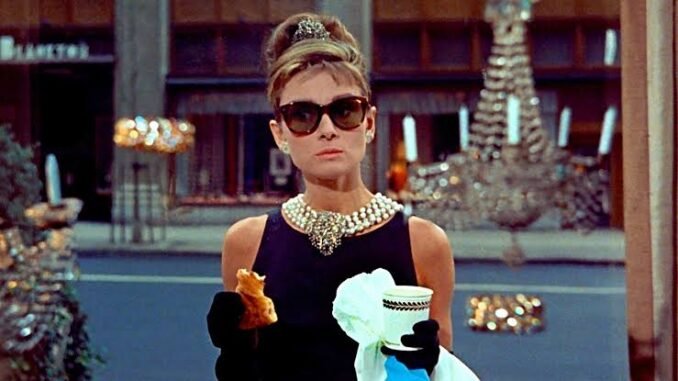
Audrey Hepburn Almost Turned Down One of Her Most Classic Roles
Audrey Hepburn, one of Hollywood’s most beloved icons, is synonymous with grace, style, and unforgettable performances. Yet, it’s hard to imagine that Hepburn nearly turned down one of her most classic roles, a decision that could have significantly altered the trajectory of her career and the history of cinema.
In the early 1960s, Hepburn was approached to star in “My Fair Lady,” a film adaptation of the immensely popular Broadway musical. The role of Eliza Doolittle, a Cockney flower girl transformed into a refined lady, was one that promised both a demanding acting challenge and the potential for great acclaim. However, Hepburn had serious reservations about accepting the part.
Hepburn’s reluctance stemmed from several factors. Firstly, the role of Eliza had been famously originated on stage by Julie Andrews, who had received widespread acclaim for her performance. Hepburn was acutely aware of the public’s attachment to Andrews’ portrayal and feared that her own interpretation might be unfavorably compared or rejected by audiences and critics alike. Moreover, Hepburn was concerned about her singing abilities. While she had a charming voice, it lacked the power and range required for the musical’s demanding score. This led to discussions and eventual decisions about using a voice double for the singing parts, which further compounded her apprehension.
Despite these doubts, Hepburn ultimately decided to take on the challenge, encouraged by the film’s director, George Cukor, and the producer, Jack L. Warner. Warner, in particular, was adamant that Hepburn’s star power was essential for the film’s box office success, a stance that played a significant role in her final decision.
Filming “My Fair Lady” was not without its difficulties. Hepburn’s fears about the singing were realized when her vocals were dubbed by professional singer Marni Nixon. This decision, while necessary, was a blow to Hepburn, who had worked diligently on her singing. The choice to dub her vocals was met with mixed reactions, with some critics and fans expressing disappointment. Nonetheless, Hepburn’s performance in other aspects of the role—her acting, dancing, and the undeniable charm she brought to Eliza Doolittle—was widely praised.
“My Fair Lady” went on to become a massive success, both critically and commercially. The film won eight Academy Awards, including Best Picture, and cemented Hepburn’s status as one of Hollywood’s leading actresses. Her portrayal of Eliza Doolittle is now regarded as one of her most iconic roles, a testament to her talent and versatility. The film’s lavish production, memorable songs, and Hepburn’s compelling performance have ensured its enduring legacy.
Looking back, it is fascinating to consider how different Hepburn’s career might have been had she turned down the role of Eliza Doolittle. Her willingness to step outside her comfort zone and embrace the challenges of the role exemplifies the dedication and courage that defined her career. Audrey Hepburn’s decision to accept the part, despite her initial reservations, not only enriched her own legacy but also left an indelible mark on the world of cinema.
Leave a Reply